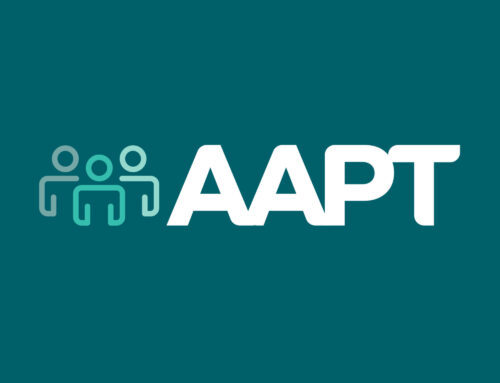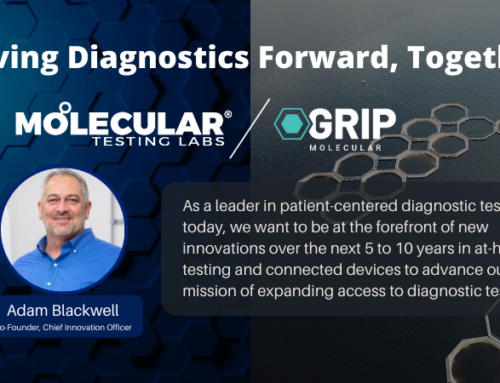
Molecular Testing Labs Launches New & Innovative Hepatitis C Test Options To Determine Both Positivity And Viral Load
Share:
Molecular becomes first commercial lab in the U.S. to offer both tests for HCV antibodies and viral load from dried blood, which can help doctors diagnose and guide Hepatitis C therapy with simple finger prick
Molecular Testing Labs (Molecular), the nation’s leading provider of self-collected testing, announces the launch of new Hepatitis C (HCV) test options that use a simple, self-administered finger prick to determine whether a patient has been exposed to the disease and estimates the amount of virus present in the body.
Molecular’s test for viral load is the only known one in commercial use that enables determination of the amount of virus in the body using a dried blood sample, no longer requiring a conventional intravenous blood draw by a clinician.
“Hepatitis C infections are on the rise due to the nation’s opioid epidemic and use of other drugs that are injected with shared needles. By offering this pioneering test, we can quickly diagnose whether a patient has the infection and determine exactly how much of the virus is in the blood, allowing doctors to more quickly begin treatment without a secondary test,” said Molecular Medical Director of Clinical Affairs Dr. Christopher Hall, who has treated Hep C patients and studied HCV prevalence and treatment trends in San Francisco’s Tenderloin district.
Hepatitis C rates have exploded fourfold over the last decade, making it one of the deadliest infectious diseases in the United States today. Of those infected, 40% are unaware of their diagnosis and therefore unable to access life-saving treatment, according to the CDC. Hep C attacks the liver where it causes progressive inflammation and scarring. While most people have no symptoms, those who do develop them may experience fatigue, nausea, loss of appetite or yellowing of the eyes and skin, before progressing to liver failure.
Molecular’s revolutionary new test options can be used in traditional clinical settings and can also be used as mail-order tests in which the patient provides a self-collected sample and mails it back to Molecular, where results are determined within days.
Having test options for HCV antibodies and also viral load is especially important for patients who don’t have the ability to travel to a lab multiple times to get tested, and for intravenous drug users who may be less inclined to go to a clinic or other service site because of the stigma attached to their drug use.
“Unfortunately, there is often missing follow-up for lab work among people who test positive for Hepatitis C antibodies, especially in underserved communities. With this new technology, we hope to speed up access to care that Hep C patients need and improve their outcomes,” Dr. Hall said.
Molecular’s HCV RNA tests are also important because they can indicate whether treatment is likely to be recommended or whether the patient’s immune system has already spontaneously resolved the infection.
The HCV RNA viral load test can also be used in clinical settings where patients are having a rapid Hepatitis C antibody test, so that patients who test positive for antibodies don’t have to have a second blood draw or fingerstick.
“Mixed messaging to patients will be minimized with this testing,” Dr. Hall added. “Using this test, patients who can benefit from treatment can now understand if they urgently need treatment.”
Molecular’s new HCV RNA test is being initially used at two sites: Central City Concern in Portland, Ore., and Project NEXUS in Ellensburg, Wash., through a partnership with the University of Washington and the Centers for Disease Control and Prevention as part of a program to learn more about the health and behaviors of people who inject drugs. Patients can come in weekly or biweekly to get tested and, based on results, have treatment ordered as needed. Considering most patients at high risk of HCV don’t have regular access to healthcare, including phlebotomy services, this clinical approach is a huge step towards helping them treat, and in most cases, eradicate, the virus.




